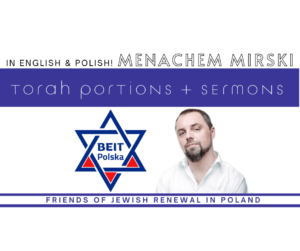Thoughts on Parashat Emor 5785
Parashat Emor contains two of the most fundamental commandments regarding worship in Judaism, two commandments that touch on the very nature of Jewish identity:
“Do not desecrate My holy name. I must be sanctified among the Israelites. I am the Lord, who made you holy and who brought you out of Egypt to be your God. I am the Lord” (Leviticus 22:32).
These two commandments are, respectively, the prohibition against desecrating God’s name—chillul Hashem—and its positive counterpart, kiddush Hashem—the commandment to sanctify God’s name.





